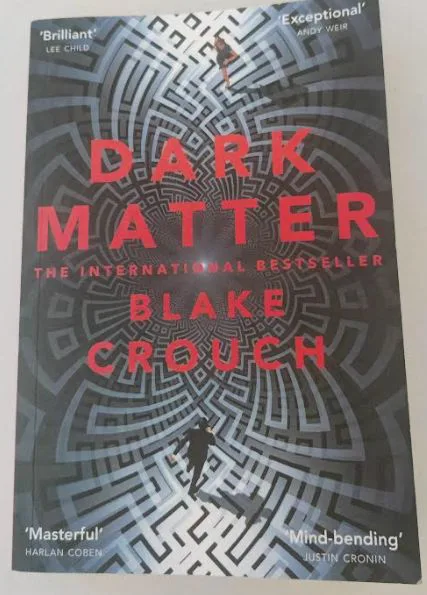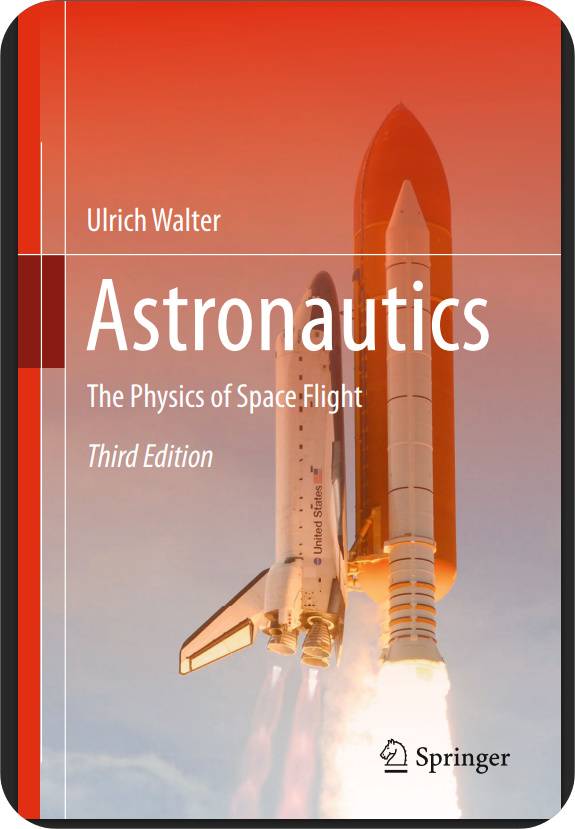
Dark Matter explores the many-worlds theory and navigates parallel dimensions. Written by Blake Crouch in 2016, it’s an engaging book that one can quickly get lost in. I finished reading it in just two days while traveling.
The idea of jumping between parallel worlds is a concept that has always fascinated me. Movies like Doctor Strange (2016), Parallel (2018), and Everything Everywhere All at Once (2022) have executed this concept beautifully. In a way, I’m quite familiar with this idea.
Dark Matter was first published in 2016, and I’m sure it would have felt more groundbreaking back then. However, reading it in 2024, I still appreciate its merits, but it seems less unique compared to more recent works.
The Plot
The protagonist, Jason Dessen, is having a good life. He is a physics professor in Chicago. And happily married to Daniela. They have a teenage son, Charlie. One evening, he attends a party thrown by an old friend and colleague who has just won a prestigious award for his groundbreaking research. While on his way home, Jason’s idyllic life, takes a twist. And he alone experiences the jolt of this shift when he awakens in an entirely unfamiliar setting surrounded by strangers. Although these strangers seem to know him intimately, he has no recollection of them.
Right from the beginning, I knew the play of alternate realities as its central motif would drive the plot, creating a web of intriguing possibilities and challenging perceptions of what is real.
Facing unexpected difficulties and trust issues, Jason reaches a point where he stands on the brink of entering what appears to be parallel worlds. His first encounter is with a desolate world ravaged by glacial temperatures or nuclear fallout, mirroring his own inner turmoil. As he continues to navigate through various realities, he persists in his journey. By holding tightly to his memories and meticulously reconstructing even the tiniest details, he gradually moves closer to achieving his goal.
A Rapid Journey Through Multiple Realities
The events move at a rapid pace. Even though everything unfolds within a month, it somehow feels like both years and just a few minutes at the same time. As mentioned above, as readers, we journey through multiple universes, but one common theme prevails: the survival of one man against an apocalyptic event.
“We all live day to day completely oblivious to the fact that we’re a part of a much larger and stranger reality than we can possibly imagine”.
This struggle for survival becomes central because his wife and son are at stake. Despite the chaos surrounding him, his love and commitment drives him. This makes the character more human and relatable, grounding the entire premise.
Reflecting on Choices and Reality
This book also prompts us to reflect on our lives and the choices we make that shape our reality. For instance, Jason experiences alternate versions of his life based on different choices he could have made in the past. He sees how these alternative paths might have led to different outcomes. This perspective is instrumental in gaining a deeper appreciation for his current life and the choices he has made. As Jason tells Daniela at the end,
“Every moment, every breath, contains a choice. But life is imperfect. We make the wrong choices. So, we end up living in a state of perpetual regret, and is there anything worse?”
Unanswered Questions and Scientific Intricacies
It is a good book, but I have some questions that I feel were left unanswered, especially when it comes to the laws of physics and how they apply to the novel’s world. The novel is based on Schrödinger’s cat principle, applying quantum mechanics to the macro world. While this concept is fascinating, it can feel somewhat dull when explored in the context of dark matter. For instance, how does the box lead to universes that don’t have the high-tech facility where it was originally made? Additionally, it doesn’t provide a detailed explanation of the underlying science or technology behind it. The stability and long-term consequences of the multiverse’s existence, as well as the potential for its collapse or alteration, are not thoroughly addressed.
The novel doesn’t explain the exact mechanism or technology that allows characters to travel between parallel universes. How does this process work, and what are its limitations?
Dark Matter: While the title refers to dark matter, the novel doesn’t provide a definitive explanation of what dark matter is or how it relates to the existence of multiple universes.
Of course, it is neither a science textbook nor a treatise on the many-worlds interpretation. These are just a few questions that could have added depth to my understanding. Despite these gaps, the book remains engaging and thought-provoking. Perhaps my interest in more detailed scientific explanations colors my perception, but it’s still an enjoyable read.

Takeaway
This book also prompts deep reflection, making us question every decision we’ve ever made, like are we genuinely content with our lives? Would different choices have led to greater happiness, or might they have made things worse?
“It’s terrifying when you consider that every thought we have, every choice we could possibly make, branches into a new world.”
Overall, a decent and quick read. Even if you’re not a fan of sci-fi, Dark Matter will likely make you fall in love with the genre — or at the very least, ignite a strong interest. A solid 7 out of 10 from me! 🙂



